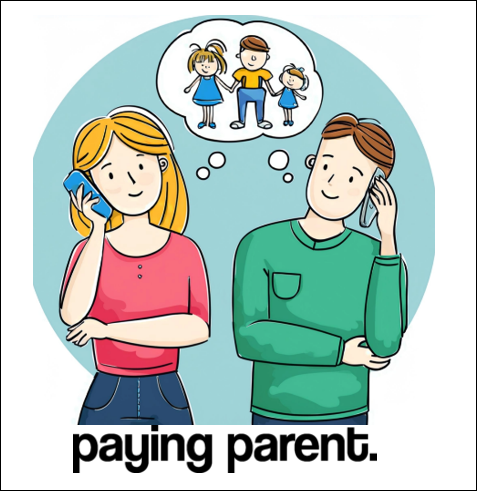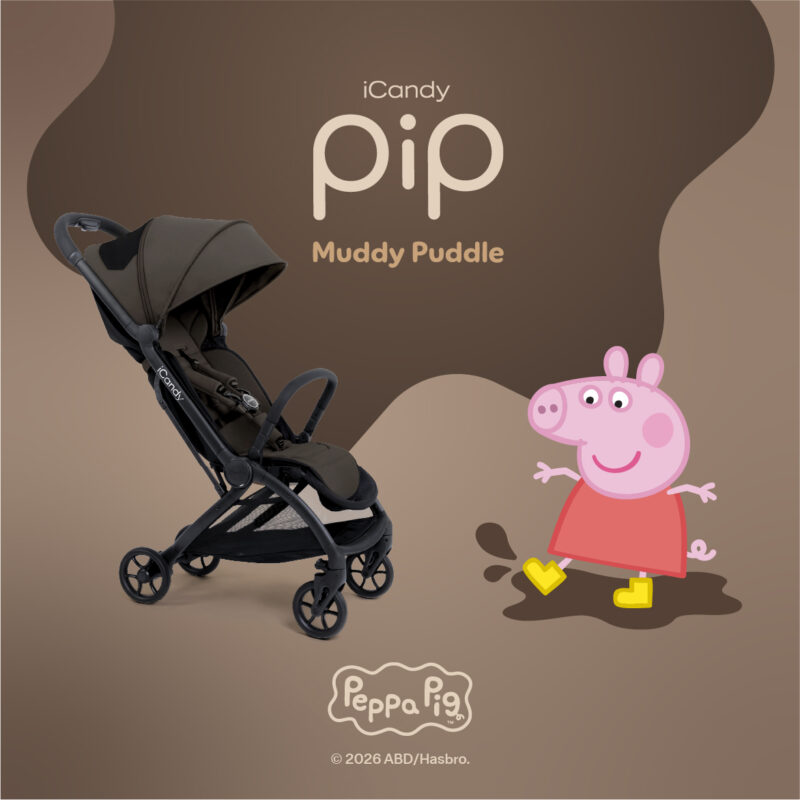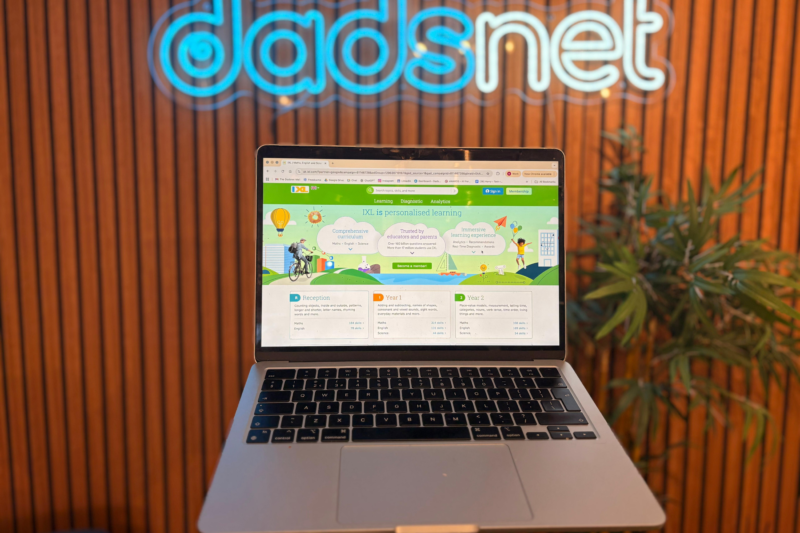
Co-parenting after a breakup is a challenging yet rewarding journey. It involves both parents continuing to share responsibilities for their children, despite no longer being in a romantic relationship. While co-parenting can provide stability and continuity for the children, it also comes with its own set of challenges. Here’s a look at the positives and negatives of co-parenting and some strategies for managing common issues.
Positives of Co-Parenting
- Continued Involvement of Both Parents: Co-parenting allows both parents to remain actively involved in their children’s lives. This ongoing presence provides emotional security and helps maintain strong parent-child bonds, which are crucial for a child’s well-being.
- Extended Family Relationships: Co-parenting can ensure that children continue to see their grandparents and other extended family members on both sides. This helps preserve a sense of family unity and provides additional support networks for the children.
- Balanced Parenting: With co-parenting, children benefit from the strengths of both parents. For example, one parent might be more creative, while the other is more structured, providing a well-rounded upbringing.
- Increased Flexibility: Co-parenting can provide both parents with more flexibility in their personal lives. With a shared custody arrangement, each parent has time to focus on themselves, pursue hobbies, or even further their careers, which can lead to increased personal fulfilment.
- Role Modelling Cooperation: Co-parenting can teach children valuable lessons about cooperation, compromise, and conflict resolution. When children see their parents working together despite differences, they learn that it’s possible to maintain respectful relationships even in challenging circumstances.
Negatives of Co-Parenting
-
- Communication Challenges: Effective co-parenting requires good communication, which can be difficult after a breakup. Misunderstandings and conflicts can arise, making coordination challenging.
- Potential for Conflict: Disagreements on parenting decisions, such as discipline, education, or healthcare, can create tension. If not managed well, these conflicts can negatively impact the children.
- Emotional Strain: Continual interaction with an ex-partner can reopen old wounds and hinder emotional healing, especially if the breakup was contentious.
- Inconsistent Parenting Styles: Differences in parenting styles can create inconsistency in the child’s life. If one parent is strict and the other is more lenient, it can confuse the child and lead to behavioural issues or feelings of instability.
- Logistical Challenges: Coordinating schedules, transportation, and activities can be logistically challenging, especially if the parents live far apart. This can lead to stress, missed activities, or the feeling that the child’s needs are being pulled in different directions.
Strategies for Effective Co-Parenting
- Fair Division of Activities: To avoid conflict over who takes the children to weekend and weekday activities, parents can create a shared calendar. This allows both parents to have input and ensures a fair distribution of responsibilities. Alternating weeks for activities or splitting them based on availability can also work well.
- Managing Disagreements: When parents disagree on specific co-parenting issues, it’s essential to approach the situation with the children’s best interests in mind. Mediation or involving a neutral third party can help resolve conflicts constructively. If a resolution isn’t possible, agreeing to disagree and focusing on what you can control may be necessary.
- Setting Aside Negativity: To move forward, it’s crucial to separate the issues of the past relationship from the present co-parenting arrangement. Both parents should aim to communicate respectfully and focus on the shared goal of raising happy, healthy children. Counselling or therapy can be beneficial in helping to put aside lingering negativity.
- Navigating New Relationships: When one or both parents enter new relationships, it’s important to introduce new partners gradually and with sensitivity to the children’s feelings. Clear communication about boundaries and roles is essential to prevent confusion and ensure that the children’s needs remain a priority.
Conclusion
Co-parenting after a breakup is a complex balancing act that requires patience, communication, and compromise. While there are challenges, the positives can far outweigh the negatives if both parents remain committed to working together for the benefit of their children. By focusing on fairness, resolving conflicts constructively, and putting the children’s well-being first, co-parenting can lead to a supportive and nurturing environment for all involved.
How can www.payingparent.co.uk help dads manage this?
The Paying Parent platform has been created purely and simply to provide dads with all the necessary tools and knowledge they’ll need. They’ll be able to manage their child maintenance agreement with ease and confidence. Here’s some of the benefits of becoming a member:
Calculate exactly how much child maintenance you need to pay – taking into account any special expenses. We’ve built our PP Child Maintenance Calculator to match exactly how the CMS calculate your payments. Try it out!
Plan for your future by working out how much your payments will change if you:
- Get a pay rise/new job
- Have a baby with a new partner
- Have your children stay overnight more/less often
Follow our useful guidance on how to reduce your payments, whilst using our special expenses claim form
Get the support you need to appeal a decision made by the Child Maintenance Service
Use our templates to take the stress out of communicating with your ex-partner, legal representatives and the Child Maintenance Service – designed to save you time and money
Access our ‘Child Maintenance Dos and Don’ts’ – a detailed guide full of top tips to help you navigate your child maintenance arrangement
Network with other Dads experiencing the same issues, ask questions and share your experiences via our members-only platform
Learn about some of the most common (and some of the not so common) situations you’re likely to encounter as part of your child maintenance journey, and how to overcome them.
Head to www.payingparent.co.uk to find out more!







